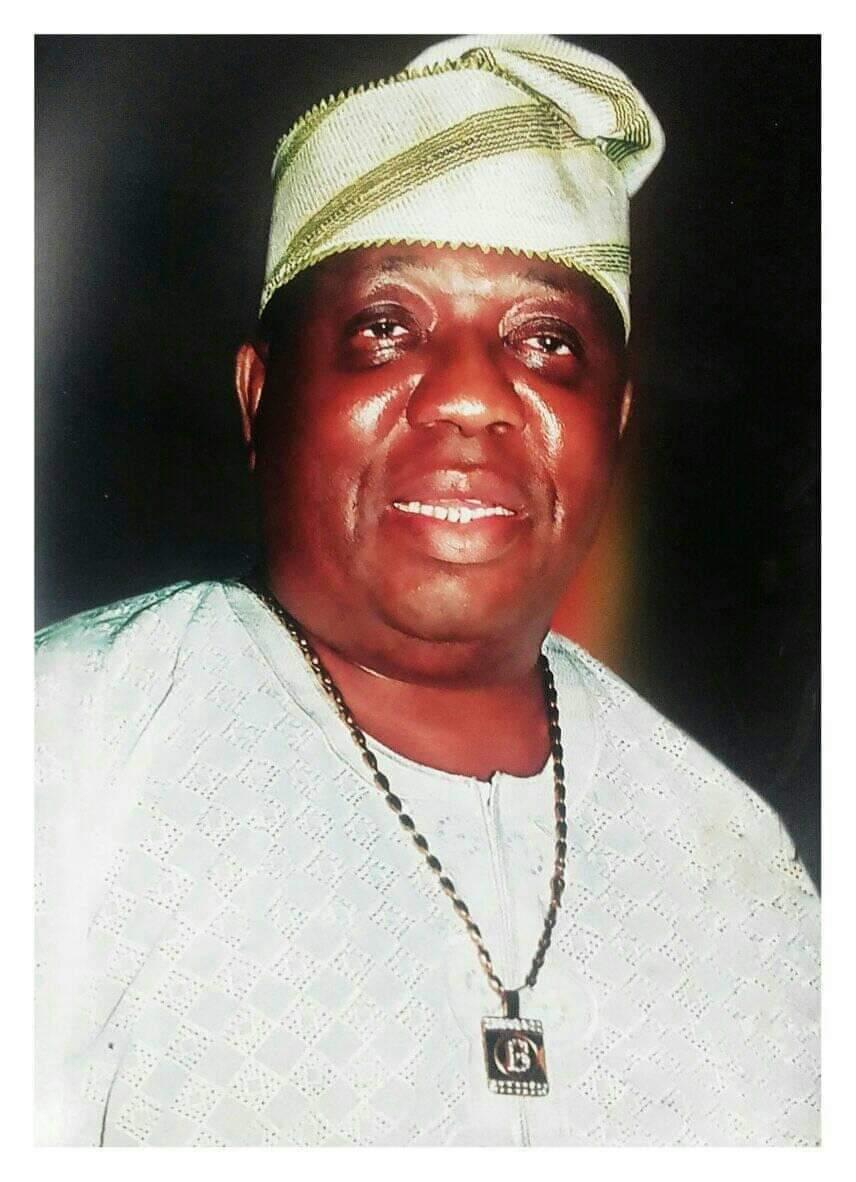It seems like yesterday but it has been 10 irredeemable years that iconic musician, Sikiru Ayinde Barrister, journeyed to the world beyond. The revered maestro and an amazing personality died in London on November 16, 2010, after a protracted illness. He was 62.
Being an artiste of immense talent, productivity and influence, one could only imagine how widespread the grief that marked his passage would be. Because of the compelling successes he had recorded, however, with his memory paved with many evergreen songs, the mourning soon dissolved into a celebration of his robust and near immortal life.
Interestingly, Barrister’s life has continued to thrive in death. Apart from the fact that his music has never ceased to be relevant and command space on air and on land, millions of his fans have continued to situate him in the studios of their minds. This is to the extent that Barrister is today more relevant than many musicians alive. Such fans, friends and associates often come infectious, addictive and even combatant. Combatant if you attempt to say or do anything that they believe is not in the interest of their idol’s continued supremacy. This played up during a controversy that erupted a few years ago over the founding of fuji music.

Well, Barrister’s immortality is greatly benefiting from the opportunities offered by social media, as many of his lovers, individuals or groups are exploiting this to promote him. This is how one regularly encounters his essence on, say Facebook, thanks to his fans clubs, and mobilisers such as seasoned journalist, Tunde Busari, and the Ayinde’s brother, Gani Kayode Balogun, a publisher and social commentator.
As Mr Fuji, Barry Wonder, Agbajelola, among other names Barrister gifted himself, thus clocks 10 in death, it is not surprising that he has been expansively serenaded. Some are focusing on his numerous albums, some are reliving evergreen moments with him. While Gani Kayode Balogun, teased the fans with the question of where they were and how they reacted on hearing the news of the legend’s demise 10 years ago, some spotlighted his many albums and songs. How other musicians such as Kollington Ayinla and Wasiu Ayinde mourned and celebrated Barrister in albums released after his death are also being lured back to one’s consciousness.

Of course, if the Barrister does not deserve the serenading for any other reason, he does on the basis of how he too celebrated dead loved ones in some of his works. Apart from generally being a great composer, he was a phenomenal elegist. If it was possible for music to make the dead rise, Barrister would have recorded a lot of miracles. He could make the head of a living person fly off his or her neck with praise-singing. Yet, he was an insatiable master at mourning the dead. He was thus a musician in which scholars would find death as a theme.
Among other dead people who benefited from the largeness of his muse’s heart were Ayinla Omowura, Haruna Isola, Obafemi Awolowo and Tejumola Onirin. But many are likely to contend that Barrister is at his best as a gifted mourner in his elegies for Muda Lawal and Simbiat Abiola. In mourning Lawal, ace midfielder, the artiste first takes his time to philosophise on death, its mystery, power and audacity. He then soft-lands the listener in the house of the man he is bidding ‘bye’.

The style is different from what we have in his song for Simbi, wife of the late MKO Abiola, who was a great patron of fuji. Here, he deploys verses so emotional that only very few people would not be moved to tears on listening to the song. Such was Barrister’s musical power, which continues to exert relevance, 3,651 days after his departure.




